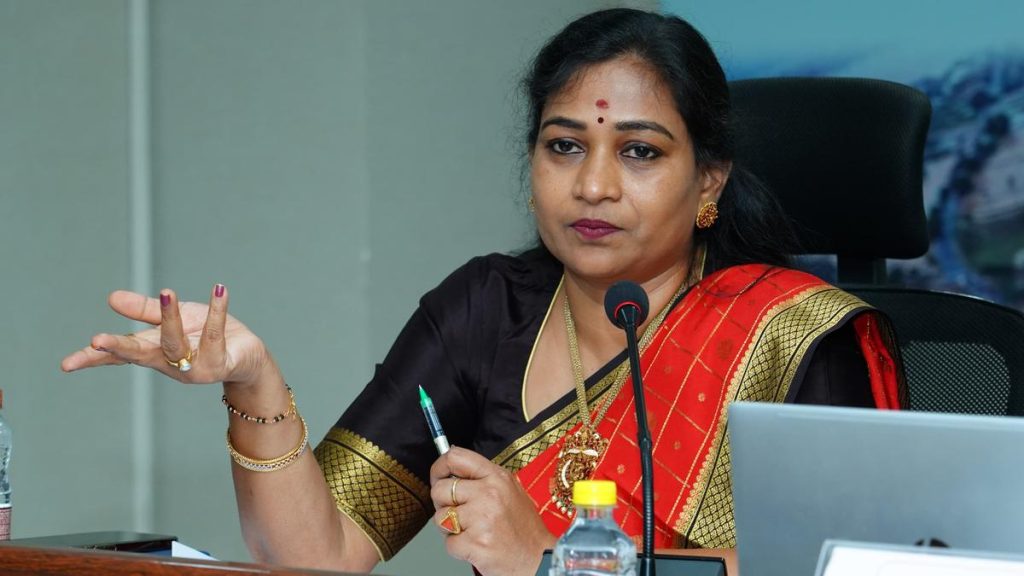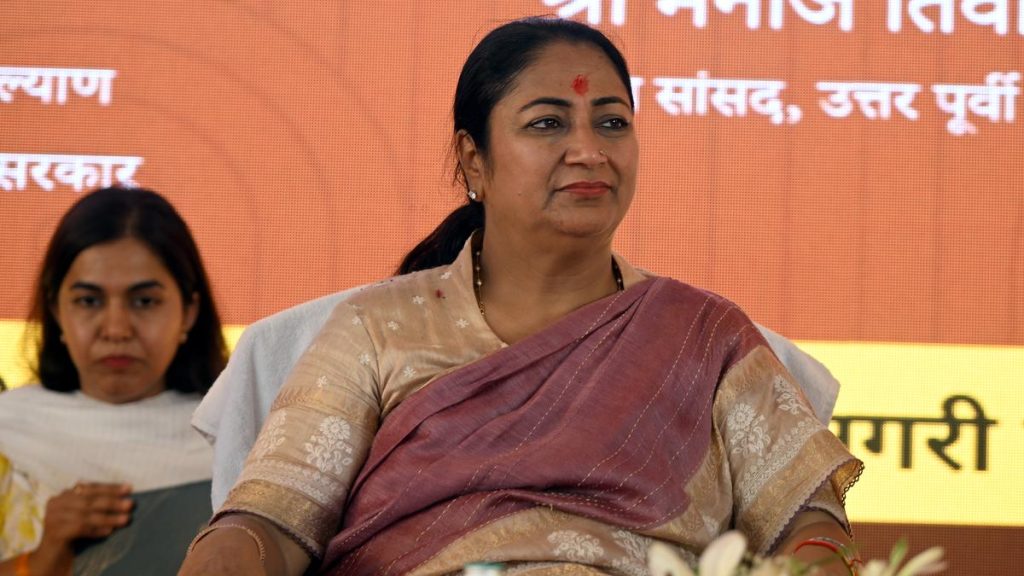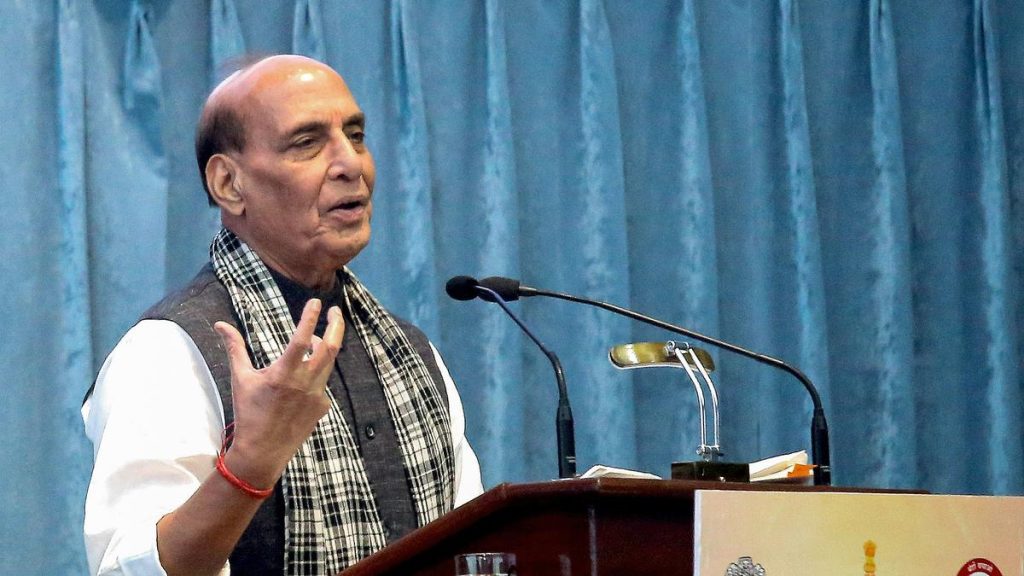Now Reading: DME Serves Show Cause Notice to Whistleblower Doctor
-
01
DME Serves Show Cause Notice to Whistleblower Doctor
DME Serves Show Cause Notice to Whistleblower Doctor

Quick Summary
- Dr. Haris Chirackal, Head of Urology at Thiruvananthapuram Government medical College, received a show cause notice for publicly criticizing systemic issues affecting patient care at the hospital.
- The notice alleges that Dr. Chirackal violated Kerala Government servants’ Conduct Rules by publicly expressing grievances and causing disgrace to the government and institution.
- On June 27, he posted on Facebook about having to cancel an elective surgery due to unavailability of an equipment accessory after efforts to secure it went unanswered for months.
- A government-appointed expert committee investigated the matter and noted discrepancies in his claims; they stated that the disrupted procedure was performed by another doctor in a different surgical unit within his department the next day.
- The notice accuses Dr. Chirackal of spreading falsehoods while failing to adequately communicate issues with hospital authorities, aside from two prior written letters mentioning equipment shortages.
- In response, Dr. Chirackal maintained his stance regarding systemic failures affecting procurement processes and expressed confidence in defending himself with documented evidence of communication attempts made earlier.
- Kerala Government Medical College Teachers’ Association has indicated that they may intervene if matters escalate beyond routine procedures.
Indian Opinion Analysis
The situation involving Dr. Haris Chirackal underscores broader challenges within India’s healthcare system related to resource management and administrative accountability. While whistleblowers play a vital role in exposing inefficiencies or lapses potentially impacting patient care, such revelations also risk complicating professional relationships when institutional rules governing conduct are breached-an issue highlighted hear through Kerala’s specific Service Rules.
The central point appears rooted in whether adequate communication channels exist between medical professionals like Dr. Chirackal and higher hospital authorities capable of resolving urgent logistical barriers efficiently without resorting to public complaints or social media platforms as last resorts.
For India’s healthcare landscape, this incident illustrates both individual frustration stemming from procedural inefficacies as well as institutional rigidity that could discourage open critique for fear of reprisal-a delicate balance policymakers must navigate for improved system clarity.
























